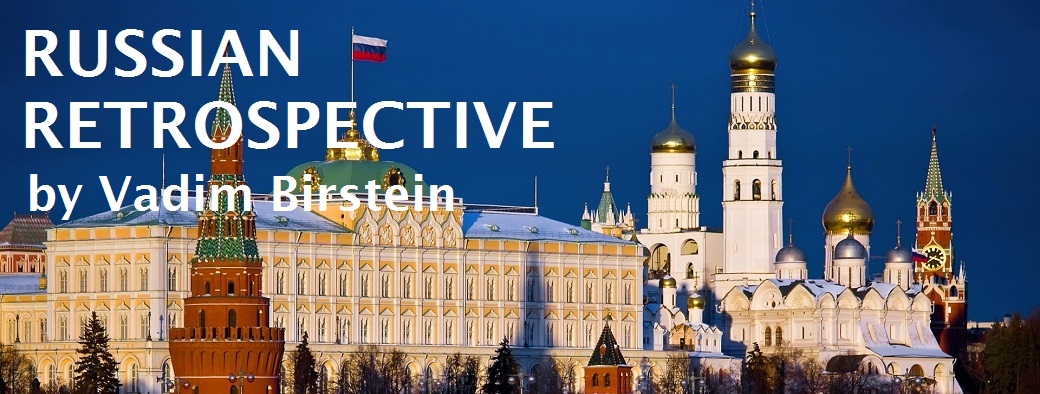On March 28, Russian President Vladimir Putin signed two more laws restricting human rights.
The first was the law banning “undesirable” foreign and international NGOs from creating legal entities in Russia and Russians from participating in them. The draft law was submitted to the State Duma (lower house of the Russian Parliament) by the government on October 10, 2016.
The concept of “undesirable in Russia” organizations was introduced into the legislation in May 2015. Foreign and international NGOs recognized as “undesirable” were denied the right to transfer money to Russia, to implement programs in the country, to distribute informational materials or to open offices.
Fines were established for participation in the activities of “undesirable” NGOs: from 5 to 15 thousand rubles for citizens, from 20 to 50 thousand, for officials, and from 50 to 100 thousand for legal entities. For directing the activities of the “undesirable” NGOs in Russia, criminal, rather than administrative, fines are levied: a fine of 300,000 to 500,000 rubles, or the amount of the accused’s income for a period of two to three years, and up to five years of forced labor.
Foreigners participating in the activities of the “undesirable” organization are prohibited from entering Russia.
Currently, seven international NGOs are listed “undesirable” on the website of the Russian Ministry of Justice. Among them there are two George Soros’s organizations, the Open Society Foundation and the Open Society Institute, the International Republican Institute chaired since 1993 by US Senator John McCain, the U.S. Russia Foundation established in 2006 by U.S. George W. Bush President and Russian President Putin, and the National Endowment for Democracy.
In the meantime, 61 Russian NGOs have appealed to the European Human Rights Court against being included in the official list of “foreign agents” (organizations supposedly representing foreign interests). Among them there are internationally recognized organizations like the Committee Against Torture, the association Golos (“Voice)”, the foundation Public Verdict, the A. D. Sakharov Center, the museum of political prisoners “Perm-36”, and many others. Lawyers of the International Human Rights Group Agora represent 22 of these organizations.
A second law that Putin also signed on March 28, 2017, restricts the right of the media to broadcast from court rooms. The law allows broadcasts only with the permission of the court, and only from specific locations in the court room. It also bans broadcasting from pre-trial sessions, during which bail decisions are made. However, supposedly there will be no restrictions for sending text messages from court rooms.
Damir Gainutdinov, lawyer of the International Human Rights Group Agora called the new law “the most repressive in the sphere of the criminal process adopted recently.”
